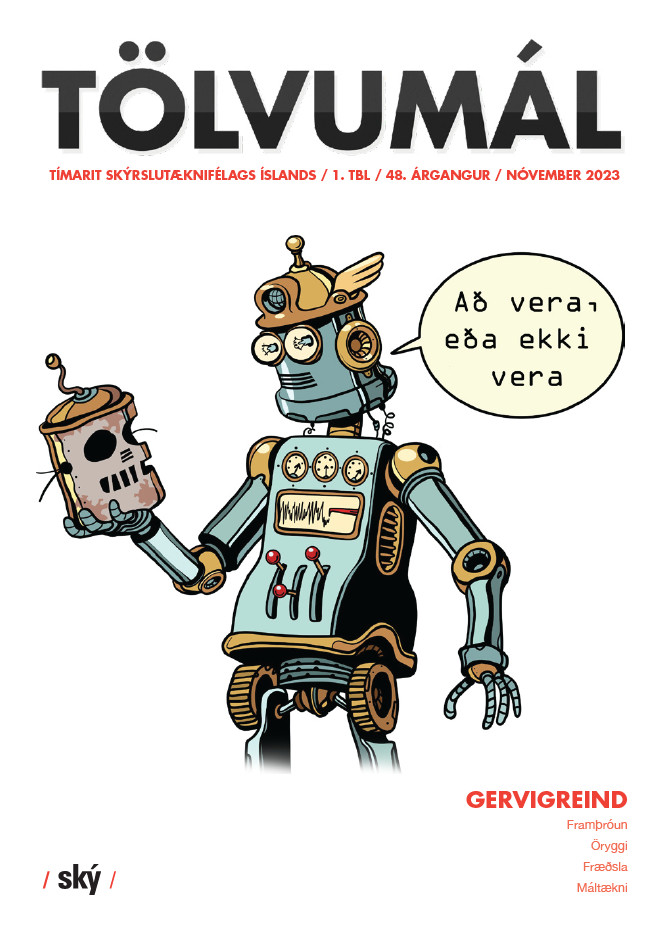
No Islands in Cyberspace
 |
 |
With 2.2 billion people using the internet and more interconnected devices than people we have become interdependent on cyberspace. The interconnected world we live in provides billions of people with unprecedented opportunities and the benefits are absolutely clear. We bank, buy and do business in cyberspace. Both at home and at work many of us are permanently online. Most of us can’t imagine a life without our mobile devices, but with dependency comes vulnerability. No matter where we are located in the world or how we use cyberspace the vulnerabilities can affect us. We have learned that cyber-security is a priority issue, that the threats not only outweigh many other national security concerns but also span every corner of the globe. They are constantly growing, ever changing and sprawling into new parts of our lives. But how are we to learn to protect ourselves against these threats? There are no Islands in cyberspace.
The answer can be found in education. The responsibility to increase education awareness falls on us all and not just our governments and employers. A whole society response is needed. As individuals we should beware of the dangers we face in cyberspace and understand the responsibilities that lay with us. Although digital devices and their networks are fundamentally insecure the key to improving our security will be in embracing greater responsibility for our actions in cyberspace. Part of this will be learning to balance the risks against the benefits as second-nature prior to making decisions about our actions in cyberspace.
Although many of us understand that we must do more to increase our security we find ourselves hindered in doing so. We have identified three common barriers which stand our way which must be reduced to dust with some vigour. The first and perhaps largest of these barriers is the false perception that cyber security is a highly complex and technical issue. This implies that most of us are unable to do anything about our security and that it’s someone else’s responsibility. The second of these barriers takes the shape of a false belief that if our personal behaviour in cyberspace is above-board that we are not vulnerable and therefore don’t need to take any action to protect ourselves. The third barrier is the seemingly impossible task of assimilating the vast volume of information needed to properly stay alert, aware and ahead of the threat to stay protected. In order to break-down the barriers we introduce the concept of Cyber-Hygiene Awareness. This simple yet powerful term demonstrates the need for the educational elements that lead us to safer behaviour in cyberspace. Furthermore, recent comprehensive research has identified that between 80-90% of the existing cyber threat could be removed by increased Cyber-Hygiene. Without the right know how and countermeasures the “virus” will simply spread.
The solution is to deliver Cyber-Hygiene Awareness that reaches and connects to the widest possible audience in an easily understandable and relatable ways. One way to achieve this is to provide training which introduces cyber-security issues through lifelike stories and familiar case-studies in a allowing the individual to apply what they are learning to their own situation. The stories and case-studies must cover the full spectrum of environments in which we work in cyberspace; at home, in the office, whilst travelling and so on. This experiential method of learning allows individuals to build a comprehensive understanding of the security challenges posed by cyberspace whilst also building a personalised appreciation for how the issues affect their everyday lives.
Höfundar: Chris Jagger og Jakob Þór Kristjánsson
http://www.visir.is/engar-eyjar-i-netheimum/article/2013705259995
Skil á efni
Leita í vefútgáfu Tölvumála
Um Tölvumál
Tölvumál - tímarit Skýrslutæknifélags Íslands er óháð tímarit um tölvutækni og hefur verið gefið út frá árinu 1976.
Vefútgáfa Tölvumála birtir vikulega nýja grein á vef Ský og árlega er gefið út veglegt prentað tímarit undir nafninu "Tölvumál" þar sem fjallað er um tölvutækni frá ýmsum sjónarhornum og er þema blaðsins jafnan valið snemma árs og útgáfa að hausti.
Ritnefnd Ský sér um að afla efni í Tölvumál og geta allir sem áhuga hafa sent inn efni.
